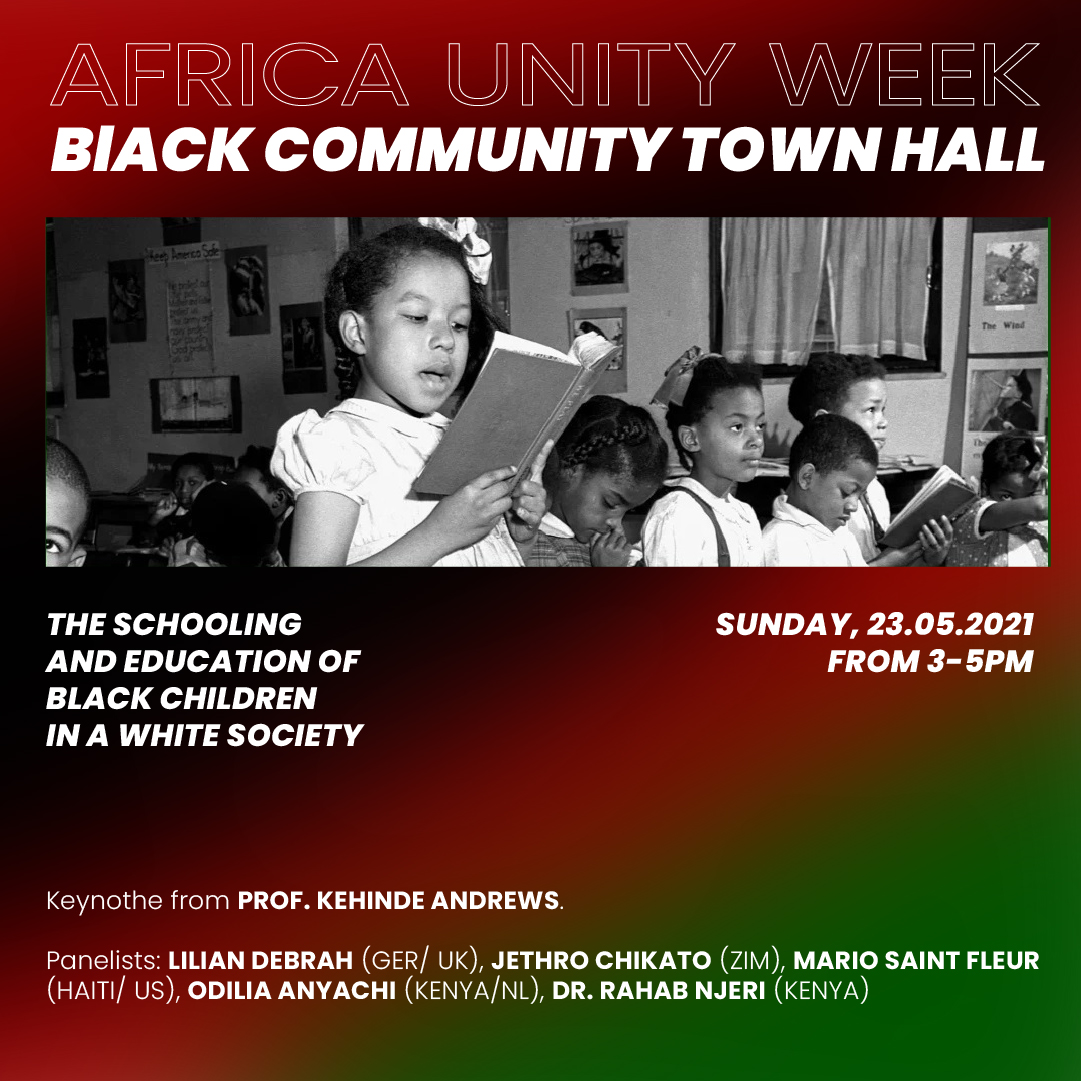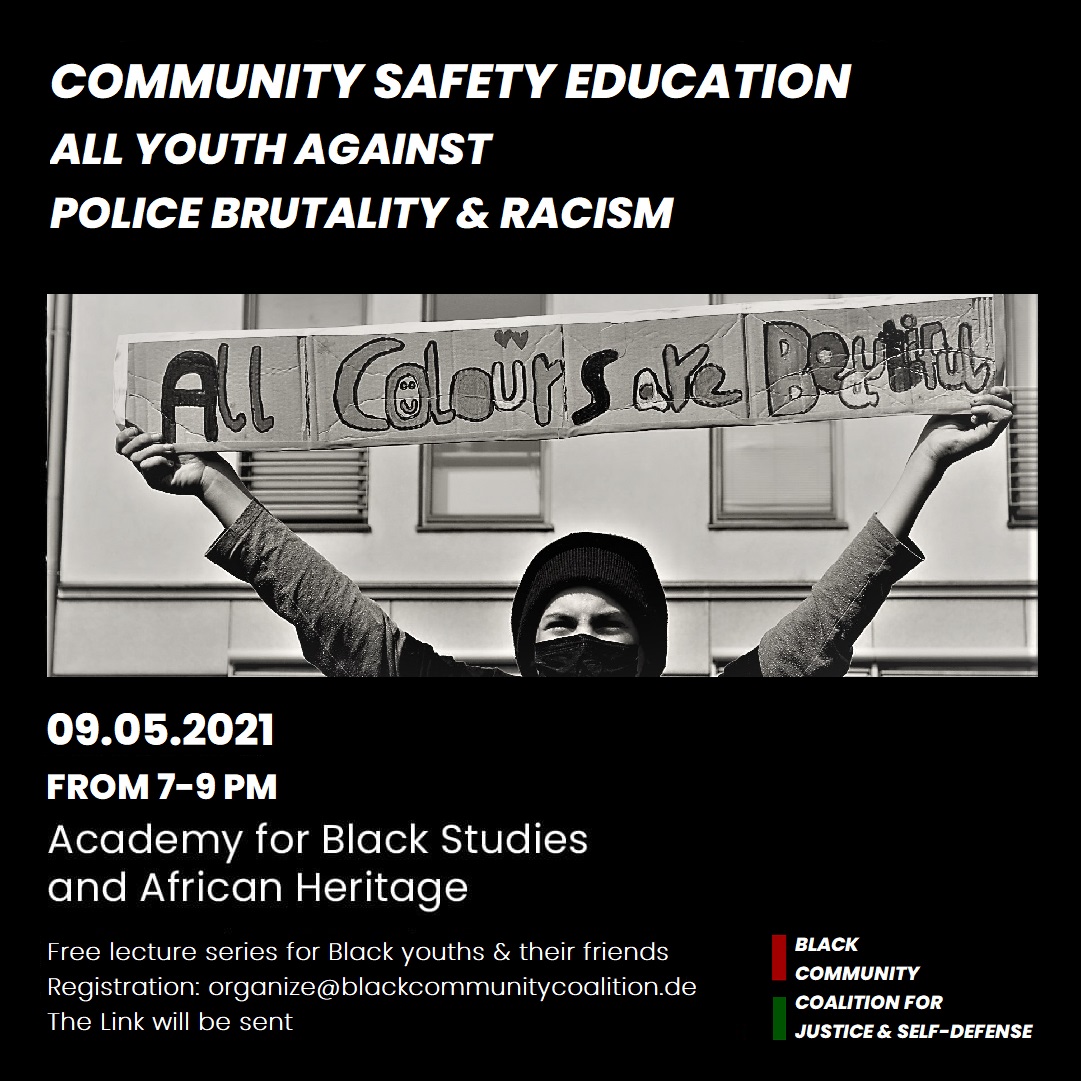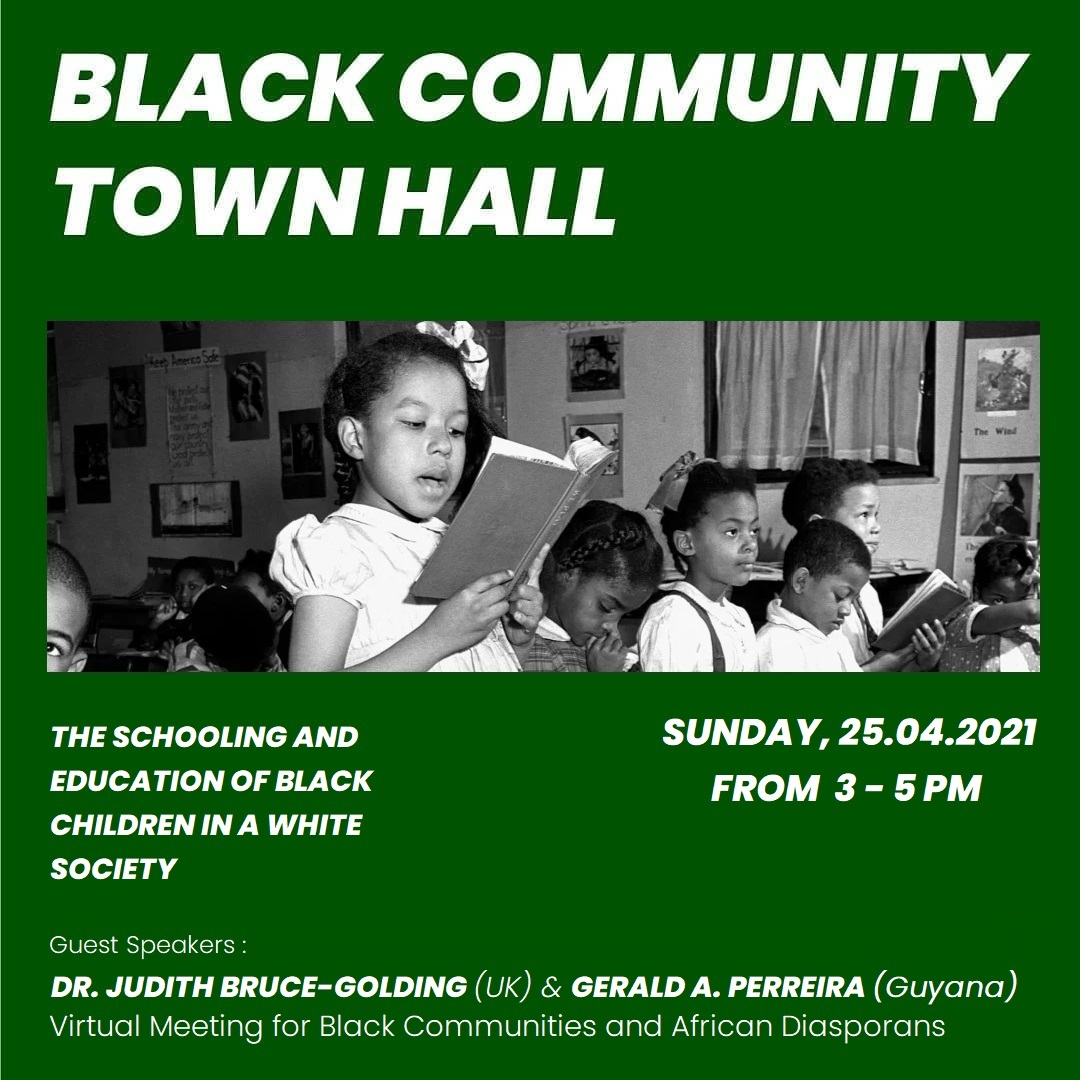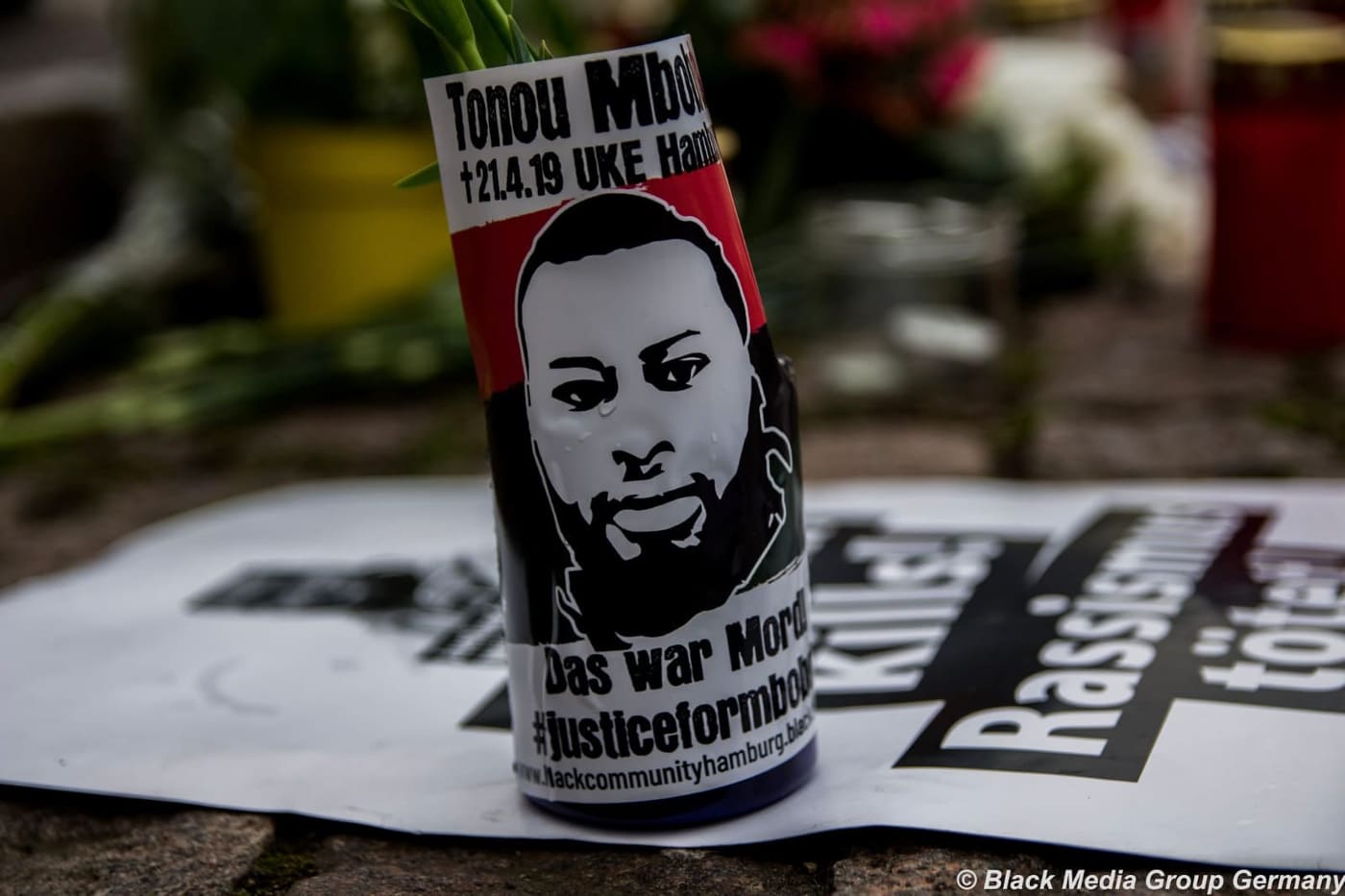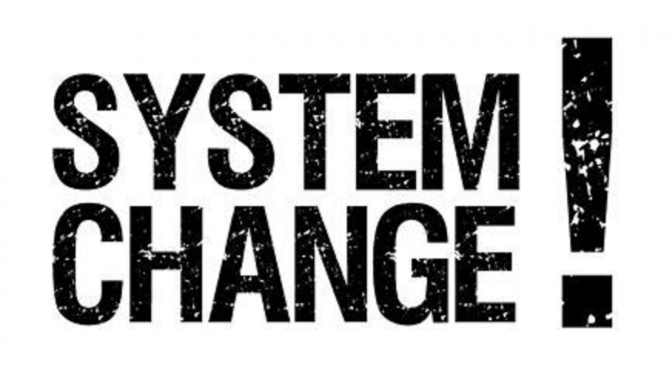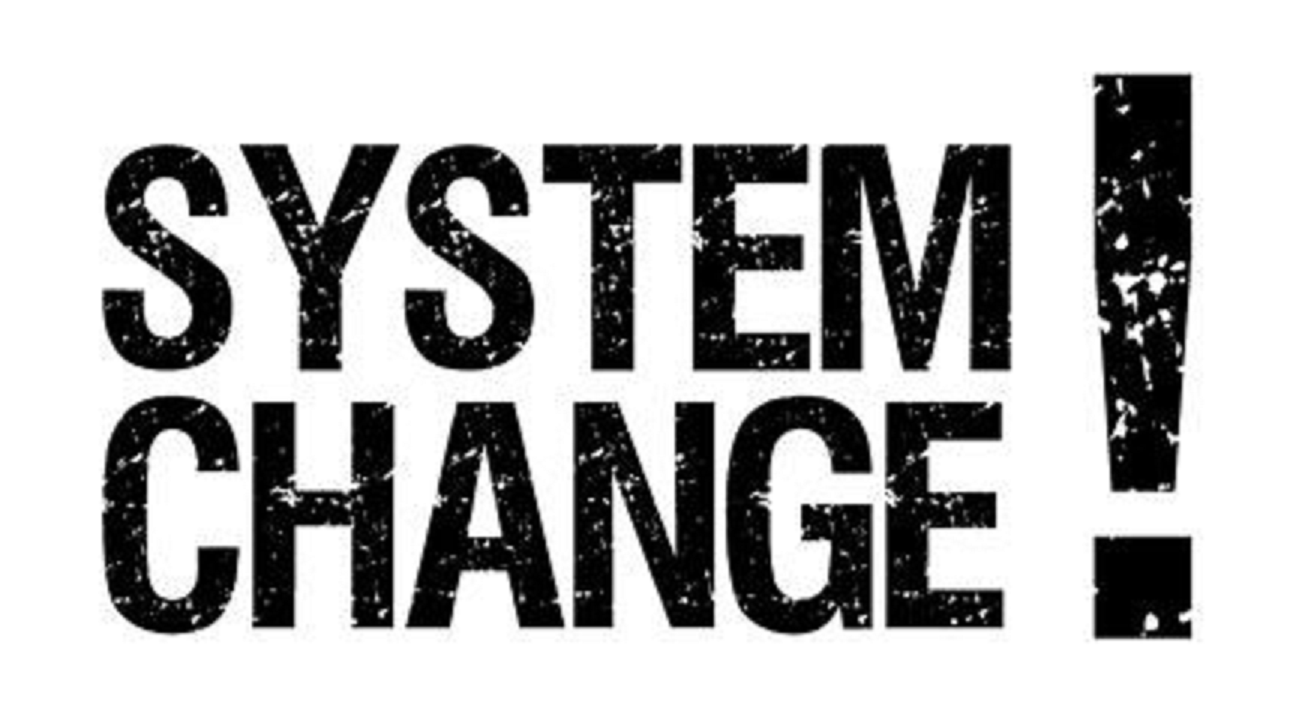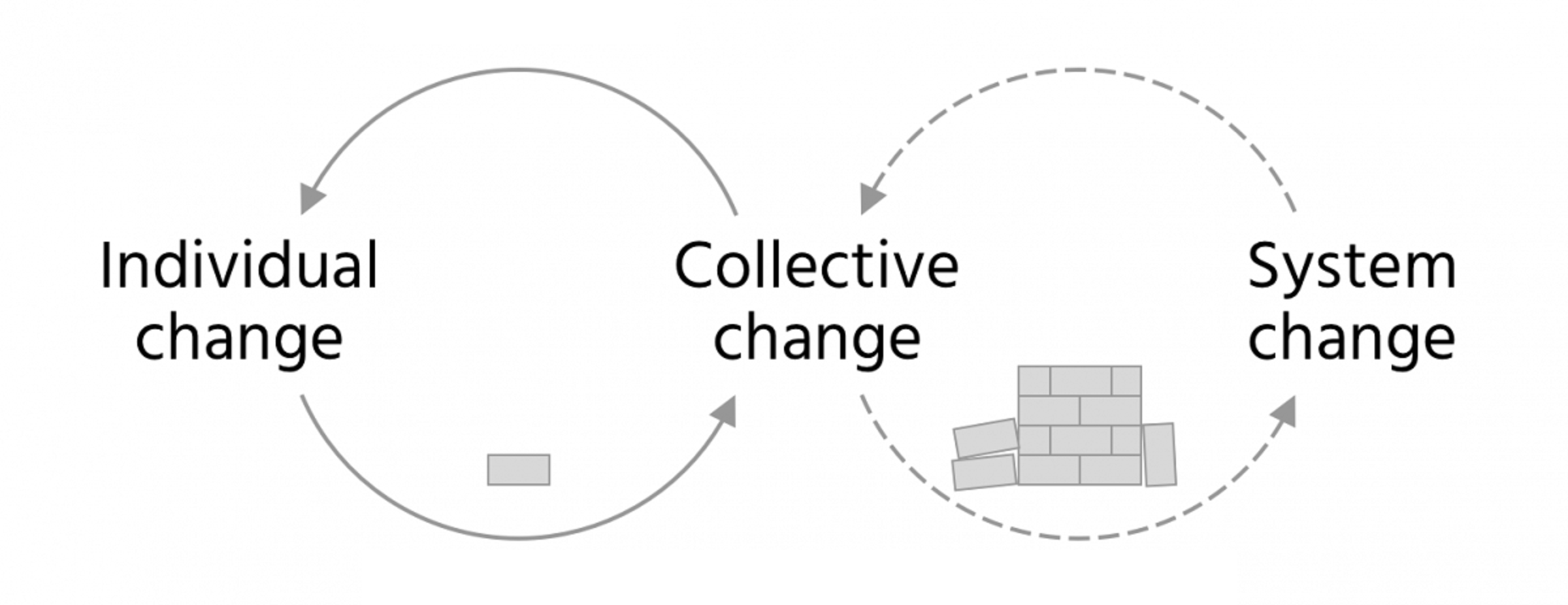Hamburg, den 9. März 2022
Der Krieg in der Ukraine hat Millionen von Menschen zur Flucht aus den Kriegsgebieten gezwungen und viele weitere sind derzeit entweder noch nicht in der Lage, den kriegerischen Kampfhandlungen zu entfliehen oder befinden sich noch auf der Flucht.
Leider mussten Menschen Nicht-Ukrainischer Staatsangehörigkeiten bereits auf ihrer Flucht rassistische Diskriminierungen an den EU-Außen- und Binnengrenzen und Ausgrenzungen aus öffentlichen Transportmitteln erfahren. Besonders Menschen Afrikanischer Herkunft wurden von innerukrainischen Zug- und Busreisen ausgeschlossen und waren so gezwungen teilweise tagelange Fußmärsche mit Kindern und bei eisigen Temperaturen zurückzulegen. Familien und Freundeskreise wurden teilweise getrennt bzw. auseinandergerissen. An den ukrainischen Grenzen wurden Schwarze Menschen tagelang an ihrer Ausreise gehindert und ohne Schutz vor Kälte und Nässe sich selbst überlassen.
Aufgrund dieser unerträglichen Situation für Menschen Afrikanischer Herkunft im Kriegsland Ukraine hat sich unsere Black Community Coalition for Justice & Self-Defence logistisch und organisatorisch an der Rettungsaktion #EvacuateAfricansFromUA beteiligt, welche durch Asmaras – World e.V. in Zusammenarbeit mit der Vereinigung Mandatsträger*innen Afrikanischer Abstammung [VMA] e.V. und The African Network of Germany e.V. [TANG]) ins Leben gerufen wurde. Im Rahmen dieser Rettungsaktion wurden Bus-Konvois, die selbstorganisierte Unterbringung, Versorgung und Beratung von Ukraine-Geflüchteten Afrikanischer und anderer Herkunft organisiert.
Da die umgehend ausgesprochenen, bedingungslosen Hilfsangebote für Geflüchtete aus dem Ukraine-Krieg von vornherein nur für Menschen mit ukrainischer Staatsbürgerschaft und Menschen mit unbegrenzter Aufenthaltserlaubnis in der Ukraine galten, wurde allen anderen Flüchtenden aus der Ukraine durch die Grenzbehörden der Nachbarstaaten unmissverständlich bekannt gegeben, dass sie nicht willkommen sind, keine offizielle Hilfe erhalten werden und schnellstmöglich wieder aus dem EU-Schengen-Raum auszureisen haben.
Die Black Community Coalition for Justice & Self-Defence verurteilt die Ungleichbehandlung von Menschen, die alle gleichermaßen vom Krieg in der Ukraine betroffen sind und fordert den bedingungslosen und gleichwertigen Schutz von allen Geflüchteten aus dem Ukraine-Krieg unabhängig von deren Nationalität oder Aufenthaltsstatus in der Ukraine zum Zeitpunkt des Kriegsbeginns am 24. Februar 2022. Eine Klassifizierung von Kriegsflüchtenden mit Abwertung des Schutzanspruches von Menschen bzw. Menschengruppen ist weder akzeptabel, noch mit den universellen Menschenrechten vereinbar. Die betroffenen, aber ausgegrenzten Menschen sind ohne eigenes Zutun in diesen Krieg geraten und sind allesamt aus ihrem bis dahin sicher geglaubten Leben mit legalisierten Aufenthaltsverhältnissen in der Ukraine vertrieben worden. Dem einvernehmlichen und unmittelbaren Schutzangebot für Kriegsgeflüchtete mit ukrainischer Staatsbürgerschaft müssen vergleichbare Hilfsangebote für alle anderen Betroffenen dieses europäischen Krieges folgen, wenn die viel gepriesenen Europäischen Werte und Prinzipien der Humanität und Gleichbehandlung auch und gerade dann ernst gemeint sind, wenn es Krieg und Not im besonderen Maße gebieten.
Vor diesem Hintergrund begrüßt unsere Black Community Coalition for Justice & Self-Defence die heute von der Bundesregierung erlassene, vorübergehende Regelung, auch Ukraine-Kriegsgeflüchteten aus Drittstaaten eine vorübergehende Aufenthaltsgestattung bis 23. Mai 2022 zu erteilen, wobei die willkürliche Fristsetzung ohne Bezugnahme auf die Beendigung des Ukraine-Krieges weder angemessen, noch in der Sache nachvollziehbar erscheint. Wir möchten an dieser Stelle jedoch auch betonen, dass diese „vorübergehende Befreiung vom Erfordernis eines Aufenthaltstitels“ lediglich den Zugang zu medizinischer Grundversorgung sowie die Möglichkeit zur Beantragung von sog. Überbrückungsleistungen aus der Sozialkasse ermöglichen sollen, wenn man sich registrieren lässt. Nach Ablauf der Frist sind registrierte Personen erneut unverzüglich ausreisepflichtig und können unter Umständen auch zwangsweise abgeschoben werden.
Die Black Community Coalition for Justice & Self-Defence und die selbstorganisierte Initiative ARRiVATi – Community Care für Menschen Afrikanischer Herkunft fordern ein Bleiberecht für alle vom Ukraine-Krieg betroffenen und vertriebenen Menschen, deren Zugang zu medizinischer Versorgung und psychologischer Betreuung, die Erteilung von Arbeits- und Studienerlaubnissen und die Möglichkeit zur Teilnahme an Sprachkursen, um den Menschen ein weitgehend selbstbestimmtes Leben in Deutschland während dieser außerordentlichen Kriegssituation in der Ukraine zu ermöglichen. Da es unter den betroffenen nicht-ukrainischen Staatsbürger*innen einen hohen Anteil an Student*innen gibt, die bereits in der Ukraine erhebliche finanzielle Belastungen für ihr jeweiliges Studium tragen mussten, fordern wir die Prüfung aller Möglichkeiten, um finanzielle Doppelbelastungen in den normativen Studienzugängen hier in Deutschland zu vermeiden und Regelungen für eine außerordentliche Gewährung von BAföG und Stipendien zur übergangsweisen Fortsetzung der in der Ukraine gewaltsam unterbrochenen Studiengänge bzw. zum Erwerb der erforderlichen Sprachkompetenzen zu schaffen.
Die Registrierung von Staatenlosen und Staatsangehörigen anderer Drittländer als der Ukraine, die sich zum Zeitpunkt des Kriegsausbruches rechtmäßig in der Ukraine aufgehalten haben, sollte ohne Zwang zur Stellung eines Asylantrages erfolgen, um weitere existenzielle Unsicherheiten für die unverschuldet Betroffenen zu minimieren. Es ist eine Frage der politischen und humanitären Willensbildung auf Bundes- und Landesebene, wie der effektive und gleichberechtigte Schutz von allen Ukraine-Krieg-Geflüchteten konkret ausgestaltet und umgesetzt werden kann.
Wir appellieren insbesondere an alle Menschen Afrikanischer Herkunft und die Afrodiasporischen Communities und Organisationen, Afrikanische Landesverbände, Kirchen, Moscheen u.a. sich den hier formulierten Forderungen der Black Community Coalition for Justice & Self-Defence an die Bundes- und Landespolitik anzuschließen und uns gemeinsam zu organisieren. Die Geflüchtetenfürsorge der am meisten vernachlässigten Gruppen bedarf unser aller Engagement und Vernetzung, damit die vorhandenen Ressourcen bestmöglich genutzt und koordiniert werden können. Im Zentrum unserer Bemühungen stehen die tatsächlichen Bedürfnisse der geflüchteten Neu-Hamburger*innen, um deren Teilhabe an einem „normalen“ Leben in Hamburg besser und zielführender unterstützen zu können.
Wir bedanken uns bei der Hamburger Zivilgesellschaft für die bereits bisher geleistete, außerordentliche Solidarität und konkrete Hilfsbereitschaft auch und gerade für diejenigen Menschen, die über die unsäglichen Kriegstraumata hinaus noch zusätzlich rassistisch ausgegrenzt worden sind.
Einzelpersonen und Organisationen, die diesen Aufruf unterstützen möchten, teilen uns dies bitte unter info@blackcommunitycoalition.de mit.
Unterzeichener*innen:
Black Community Coalition for Justice & Self-Defense
Black Community Hamburg
ARRiVATi – Community Care for People of African Descent
AKONDA – Eine Welt Café Hamburg
Alafia Afrika Festival Hamburg
African Community Organizers
ASUIHA – African Survival in Hamburg
ARCA – Afrikanisches Bildungszentrum Hamburg
Black Media Group
Tschoobé For Freedom



